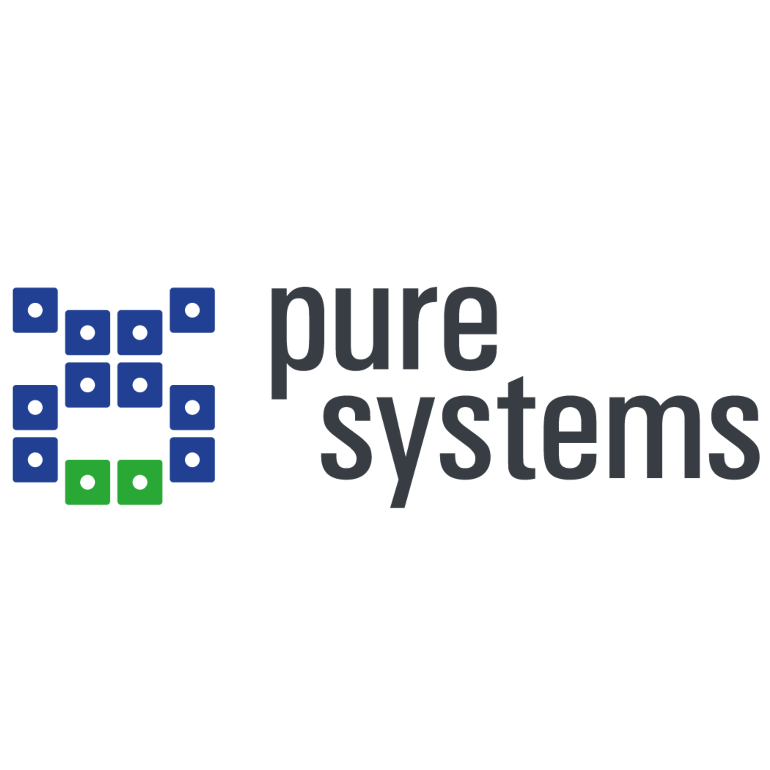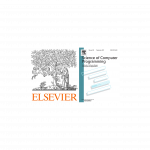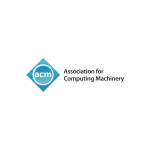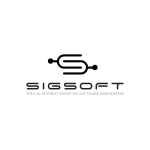Keynotes
Mattias Nyberg (SPLC)
(Scania and Royal Institute of Tech., Sweden)
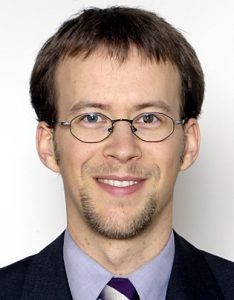
Keynote title: Generating safety cases for large-scale industrial product lines
Keynote abstract: The heavy-vehicle manufacturer Scania has a complex product line consisting of billions of possible product configurations. Faced with the challenge of arguing that each of the configurations is safe, Scania has, in collaboration with KTH, developed a general methodology to build a so called “safety case” for a complex product line. The goal has been to generate it as automatically as possible from existing engineering data. The presentation will explain the methodology and share experiences from the huge effort of trying to implement it in the industrial context of Scania.
Bio: Mattias Nyberg is an adjunct (part-time) professor at Royal Institute of Technology (KTH) in the department of Mechatronics. His main affiliation is Scania CV AB, a leading global heavy-truck manufacturer. He received a PhD in Electrical Engineering from Linköping University in 1999 specializing in vehicular systems. After dissertation he has worked mainly in industry; first for Daimler in Stuttgart, Germany, and then at Scania with a current focus on functional safety and product line engineering. In parallel with his industrial career, he is very active in academic research. He has supervised six PhD students. He is also an author of more than 100 scientific publications, and has received the SAE Vincent Bendix award.
Julia Rubin (SPLC)
(University of British Columbia, Canada)
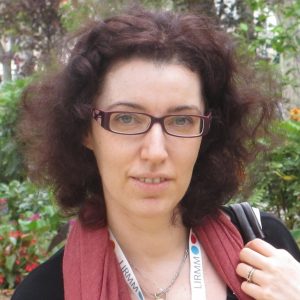
Keynote title: Microservice-based Development: Something Old, Something New, Something Borrowed, and What We Can Do
Kenote abstract: Whenever you watch Netflix or order from Amazon, you use microservice-based applications. Such applications follow a SOA-inspired architectural principle of building complex systems as a composition of small, loosely coupled components that communicate with each other using language-agnostic APIs. Microservices have recently become popular in industry due to their advantages, such as greater software development agility and improved scalability of deployed applications. Yet, proper adoption of microservices induces numerous technical and organizational changes. This talk will discuss several of these challenges, based on empirical data we gathered from more than 50 industrial practitioners. We will then focus on two of the challenges in more detail: managing variants in microservice-based systems and decomposing monolithic applications into microservices. We will discuss some existing solutions for addressing these challenges and possible future research directions for the SPLC community.
Bio: Julia Rubin is an Assistant Professor at the Department of Electrical and Computer Engineering at the University of British Columbia. She holds a Canada Research Chair (Tier II) in Trustworthy Software. Julia received her PhD in Computer Science from the University of Toronto, Canada and worked as a postdoctoral researcher at MIT, USA. She also spent almost 10 years in industry, working for IBM Research, where she was a research staff member and a research group manager. Julia’s research interests are in software engineering, program analysis, software security, and reliability in complex software systems. Her work in these areas won five Distinguished/Best Paper Awards at major conferences, such as ICST’21, ISSTA’18, ASE’15, and SPLC’13, and was runner-up for Facebook’s Internet Defense Prize at the USENIX Security Symposium’14. Julia serves on program committees of several flagship conferences in software engineering, such as ICSE, FSE, and ASE. She co-chaired the program committees of SPLC’14, ECMFA’14, FASE’17, CASCON’20, and will co-chair the program committee of ASE in 2022.
Thomas Thüm (SPLC)
(University of Ulm, Germany)
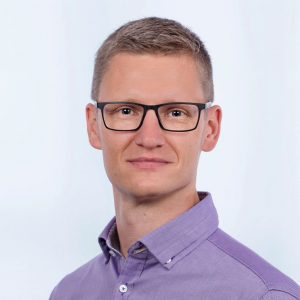
Keynote title: Where Are My Constraints and What Do They Constrain?
Keynote abstract: The adoption of product lines in industrial practice is challenged by feature interactions. In theory, adding a single feature to a product line can double the number of products. In practice, constraints between the features drastically limit the number of useful products. Where do we find those constraints? What do we do with those constraints? And where on earth are all the smart technologies that help our overwhelmed engineers? Since 2007, I am involved in the development of FeatureIDE. In this keynote, I would like to share experiences made with product-line research and its application to industrial practice.
Bio: Thomas Thüm is a professor for the Construction and Analysis of Secure Software Systems at the University of Ulm since January 2020. His research interests range from Software Engineering and Formal Methods to Artificial Intelligence and Security. In particular, his research focuses on variability and evolution of software systems. From 2015 to 2019, he was a postdoctoral researcher at the TU Braunschweig in Ina Schaefer’s institute. He received his Ph.D. in 2015 from the University of Magdeburg under the supervision of Gunter Saake. His Ph.D. thesis received the Dissertation Award 2015 of the University of Magdeburg and his master’s thesis the Software Engineering Award 2011 of the Ernst Denert Foundation. He coauthored more than 100 peer-reviewed publications and is known for his contributions to the famous open-source project FeatureIDE. Since 2020, he is an associate editor for ACM Transactions on Software Engineering and Methodology (TOSEM).
Sponsors
© 2024 SPLC 2021 | Leicester, United Kingdom


